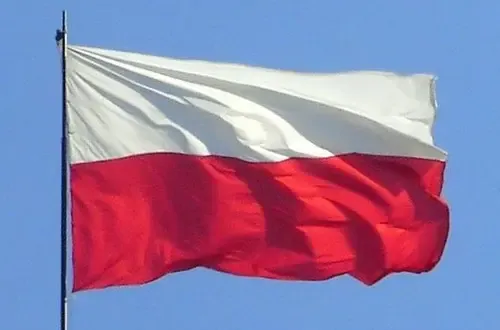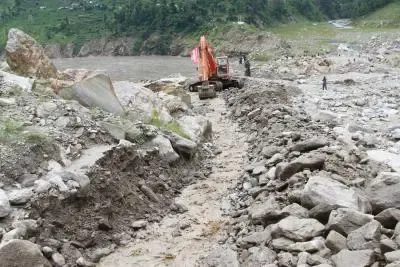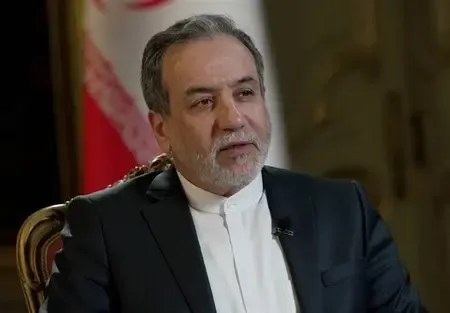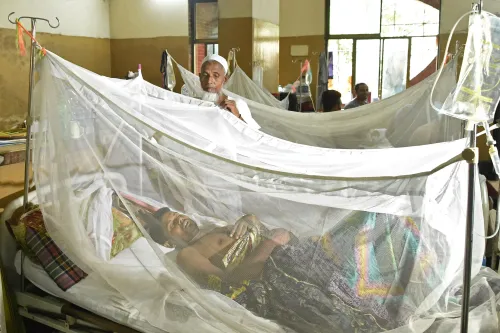What is Behind the Protests in Pakistan-occupied Gilgit-Baltistan?
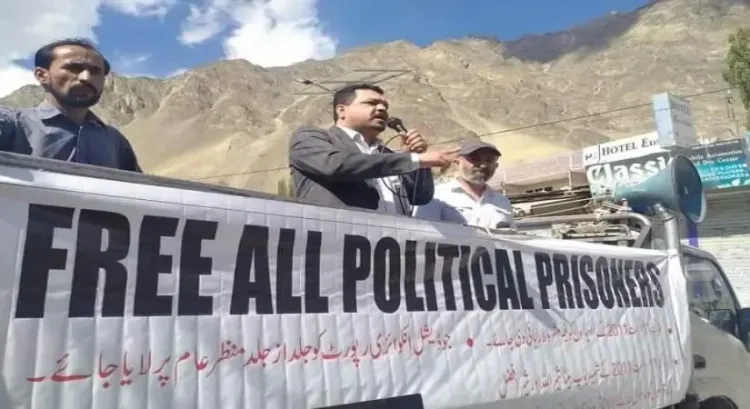
Synopsis
Key Takeaways
- Protests in PoGB highlight police demands for better allowances.
- Lawyers are also protesting over judicial vacancies and safety issues.
- Despite protests, the government has not addressed the core issues.
- Electricity shortages are adding to the unrest in the region.
- Systemic governance issues are becoming increasingly evident.
Islamabad, Aug 14 (NationPress) Protests have taken hold of multiple areas within Pakistan-occupied Gilgit-Baltistan (PoGB), as the police personnel's sit-in outside a local leader's residence marks its fourth day, according to local media.
The protesting officers are advocating for an increase in their allowances as outlined in the 2025-26 budget. Officers from other regions, including those tasked with the security of Chinese nationals in Chilas, have joined the sit-in in Gilgit, as reported by Dawn, a prominent daily in Pakistan. The daily allowance for PoGB police has been elevated from Pakistani Rupees (PKR) 440 to PKR 880 in the budget. Nonetheless, no official notification has been issued regarding this increase.
The police personnel have expressed that they have been voicing this demand for several months. They noted that a protest held two weeks prior was suspended following assurances from authorities that their issues would be addressed within 14 days.
Rather than resolving the matter, on Monday, PoGB police initiated departmental proceedings against personnel alleged to have engaged in "misconduct." Initial phases have seen 63 officials dismissed from service, decisions made during a disciplinary committee's meeting.
In a related development, legal organizations in PoGB conducted a significant protest, boycotting court sessions in Gilgit, Skardu, Ghizer, and other areas. The lawyers have been protesting their demands for the last 10 months. The Gilgit-Baltistan Bar Council, Supreme Court Bar Association GB, High Court Bar Association GB, and District Bar Association Gilgit convened for a joint meeting.
During this meeting, the lawyers resolved to strike and abstain from court proceedings until their requests are met. Their demands include the appointment of judges to fill vacant positions in the PoGB Supreme Appellate Court. The lawyers expressed frustration at the authorities for not fulfilling their demands despite repeated protests, labeling the inaction as "a conspiracy against the people of GB."
Additionally, the lawyers have requested that the Lawyers Protection Act be extended to PoGB by the federal government, emphasizing its importance for their safety and professional rights. They also called for the advertisement of vacant civil judge positions and for judicial magistrate posts to be separated from civil judge roles.
Currently, the GB Supreme Appellate Court has been operating with just one judge for the past seven years. According to regulations, a sole judge cannot manage all cases, resulting in thousands of pressing cases remaining unresolved.
Moreover, demonstrations were organized regarding electricity shortages in Sikandarabad, Nagar, where protestors obstructed the Diamer section of the Karakoram Highway (KKH). Residents in Nagar Khas and other areas held similar protests.

